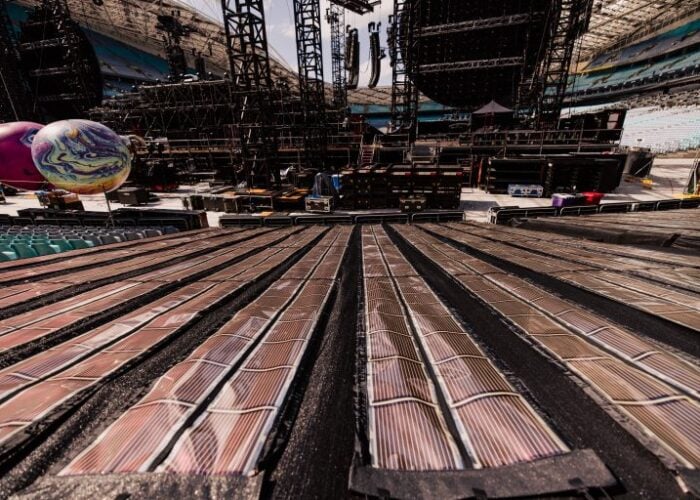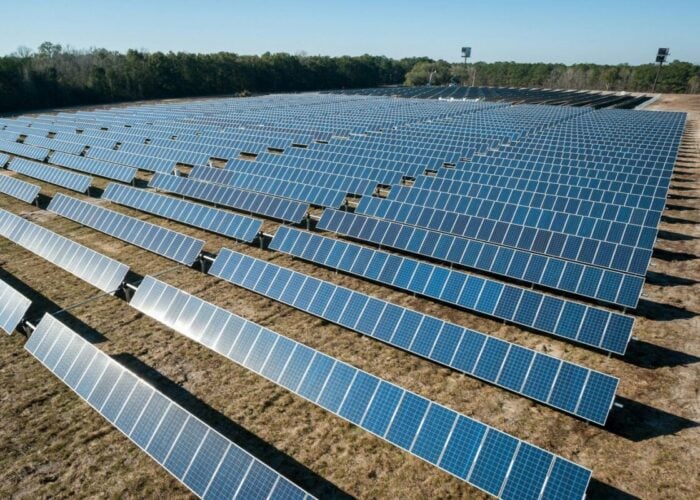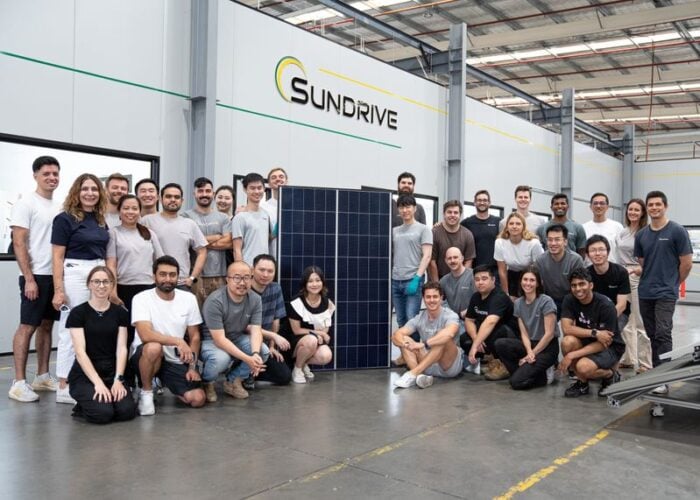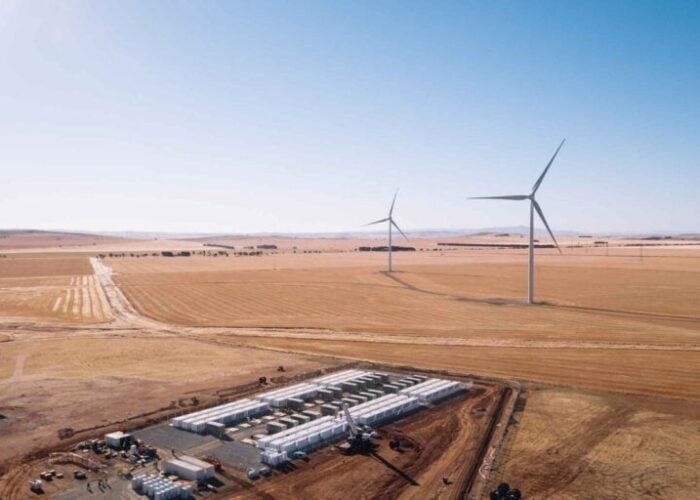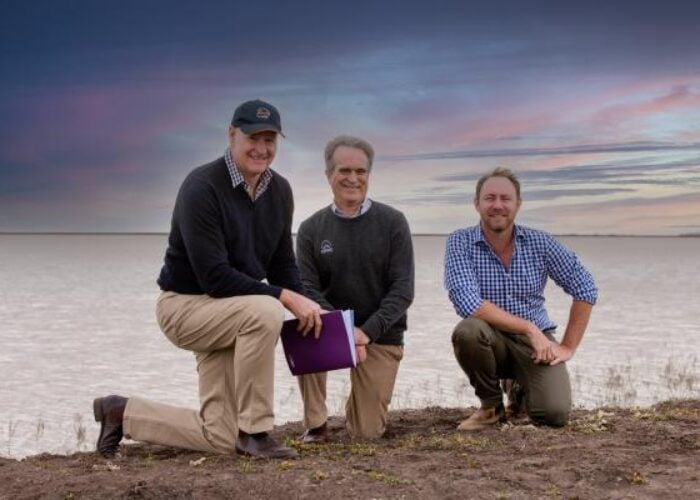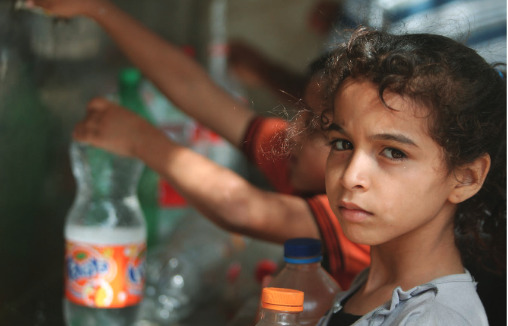
Ireland will provide funding of €8.8 million for the construction of a 7.5MW solar plant in Gaza used to treat contaminated water, with help during implementation from France.
Deputy head of government and minister for Foreign Affairs and Trade, Simon Coveney, said the solar power would provide clean energy to the North Gaza Emergency Sewage Treatment (NGEST) wastewater treatment plant. The NGEST project aims not only to rehabilitate the aquifer with treated water, but also to use treated water to irrigate some 1,500 hectares of agricultural land.
Try Premium for just $1
- Full premium access for the first month at only $1
- Converts to an annual rate after 30 days unless cancelled
- Cancel anytime during the trial period
Premium Benefits
- Expert industry analysis and interviews
- Digital access to PV Tech Power journal
- Exclusive event discounts
Or get the full Premium subscription right away
Or continue reading this article for free
Some 97% of Gaza’s natural water supply is unfit for human consumption by WHO standards. Meanwhile, more than a quarter of all reported disease in Gaza is caused by poor water quality and access, according to a water and health report by Rand Corporation.
NGEST currently relies on expensive diesel fuel to operate generators. The French Development Agency AFD will partner with Ireland to implement the new PV project that will offset some of the diesel generation. Once completed, this project will provide for the full energy needs of NGEST and any excess power will be distributed to other water and wastewater facilities throughout northern and central Gaza.
Speaking from the NGEST plant, where he met the head of the Palestinian Water Authority, Coveney said: “Water pollution is the leading cause of child mortality in Gaza. Undrinkable water is keeping families poor, as they spend up to one-third of their income buying water. Gaza has a critical energy shortage, which means that it is particularly difficult to power water treatment facilities.”
Many of the solar modules used will be installed within a military buffer zone previously barred by the Israeli authorities.
“Opening up this land for humanitarian uses, and particularly for solar installations, has huge potential in a place where land is so scarce,” added Coveney. “Investments like this are critical to counter the ongoing humanitarian crisis in Gaza. Ultimately, however, we know that only a political solution can lead to real development in Gaza. In particular, we need to see an end to the blockade of Gaza, an end to the cycle of conflict, and an end to the political division between Gaza and the West Bank.”
Plans for solar in Gaza came to light as early as 2015 in the form of a 30MW development plan.

